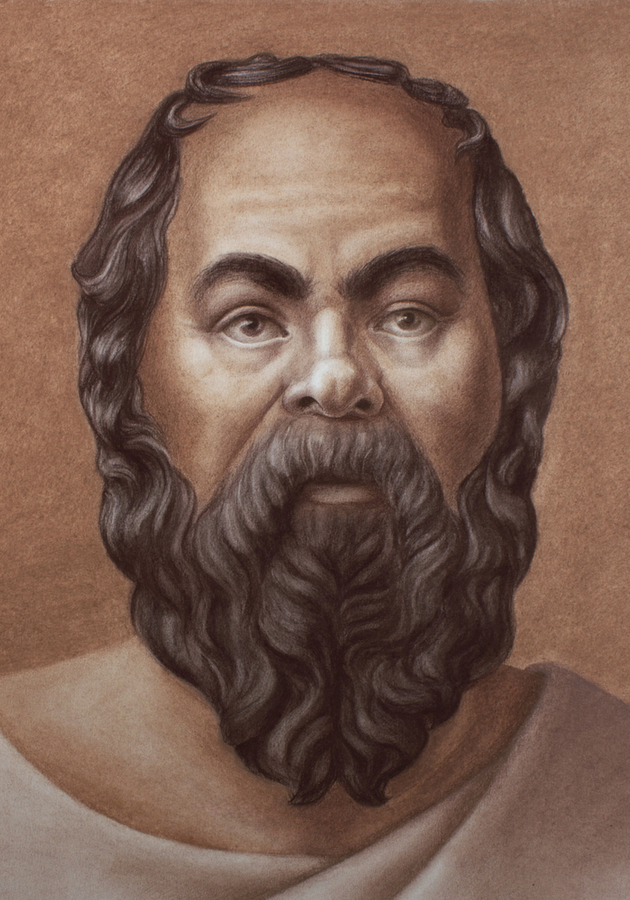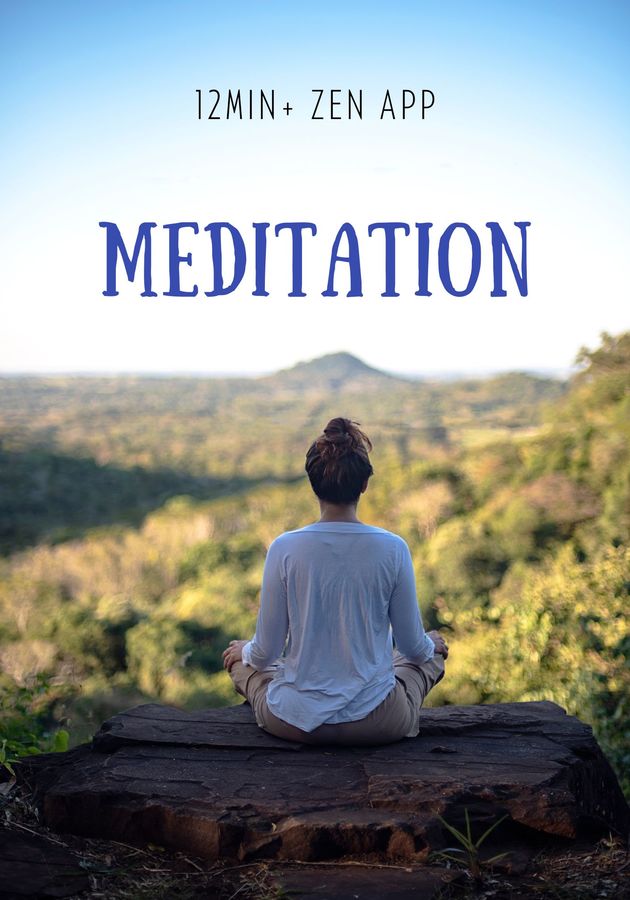Do you struggle to build meaningful relationships? Whether it is at work, at home, or in your free time, relationships are at the heart of everything you do. If you struggle with your people skills, there is no need to worry. In “Winning With People,” John C. Maxwell introduces 25 People Principles that you can follow to build successful relationships with others. So get ready to transform your life with meaningful relationships!
Creating meaningful relationships
Relationships are at the heart of everything you do in life. You need relationships to succeed, to have a family and to be happy. But many of us struggle with creating meaningful relationships. So how can you develop people skills that allow you to pursue the relationships you want to have?
There are five critical questions Maxwell says you must ask yourself in order to establish successful relationships:
- Readiness: Are you prepared for relationships?
- Connection: Are you willing to focus on others?
- Trust: Can you build mutual trust?
- Investment: Are you willing to invest in others?
- Synergy: Can you create a win-win relationship?
Once you have learned to make use of the People Principles introduced in the next few chapters, you will be able to answer all these questions in the affirmative. What is more, you will even be able to help others on their own way to success!
Are you ready?
Before you start working on your relationships with others, you need to work on your relationship with yourself. For some people it can be hard to build healthy relationships. Perhaps you grew up in a dysfunctional household and never learned what a positive relationship looked like.
Who you are determines how you see others – this is the so-called Lens Principle. Your unique perspective on the world around you does not only define what you see, but also how you see. Take the author and his wife as an example. At a party once, Maxwell’s wife Margaret asked him why he was talking to the man in the blue shirt. The author was confused because he has no sense of fashion and never notices what other people are wearing.
Use the Mirror Principle to get to know yourself. Ask yourself, “Have I examined myself and taken responsibility for who I am?” Take some time now to look into a mirror and consider the following truths: You are the first person you must know. You are the first person you must get along with. You are the first person to cause problems for yourself. You are the first person you need to change, and you are the first person that can make a difference.
After developing self-awareness, self-image, self-honesty, self-improvement, and self-responsibility, you are ready to move onto the next step: connecting with others.
Connection
Wanting to connect with other people is a basic human need. But to become a people person, you will need to ask yourself, “Am I willing to focus on others?” You need to stop thinking about yourself and focus on the people you want to build a relationship with. Try to put this into context: Most of the world consists of others. The only tiny exception is yourself, so surely it makes sense to focus on the people around you.
One way in which you can productively connect with others is by internalizing the Learning Principle. That is, to understand that each person you meet has the potential to teach you something. The only way you will be able to tap into this potential is by adopting the right attitude - or what Maxwell calls the “Teachable Attitude.”
Everyone has a lesson or observation to share if you let them. Ask any parent, for example. They will tell you that they learned something from their children before they were even able to speak! Once you see this potential, there are five steps you can take to learn from others:
- Make learning your passion.
- Value people.
- Develop relationships with growth potential. Find people that are likely to help you grow, such as experts in your field.
- Identify people’s uniqueness and strengths.
- Ask questions.
Another way of connecting with people is by following the Charisma Principle. People are interested in you if you are interested in them. Maxwell writes, “People don’t care how much you know until you show them how much you care.” So always make an effort to connect with people, for example by smiling at them.
Another great connector is to learn (and remember!) someone’s name. By addressing other people on a first-name basis you immediately develop a personal connection with them.
Trust
You have probably wondered why some marriages that began with great passion ended abruptly, or why some friends you thought you would keep for a lifetime suddenly disappear. Most often, relationships fall apart because of broken trust. Trust is the foundation upon which every relationship is built, whether it is personal, professional, or romantic.
Let’s take Billy Martin as an example. He was the manager of the New York baseball team, the Yankees. In 1988, he was fired from this position for the fifth time! It was because he had a tendency of getting into fistfights with colleagues and fellow players. He said that he was not a “yes” person, and that was why most people had problems with him. However, the author calls him a Bob. A Bob has problems with people wherever he goes, not because others are the problem, but because Bob is the problem.
The author calls this the Bob Principle. You may know a person like this, so how do you engage with them? Always try to respond with something positive, even when a Bob tries to dump a problem on you. Also, whenever someone is being criticized, give them the benefit of the doubt – you should never presume to know the true feelings or motivations of someone else.
One way to build trust in your relationships is by following the Situation Principle, which says that you should never let the situation mean more than the relationship. To clarify this, let’s look at the relationship of two sisters, Serena and Venus Williams. Both prolific tennis players from a young age, they showed promise early in life to becoming tennis stars.
At first, the older sister Venus had the upper hand. But in 1999, Serena won the U.S. Open – the first time either of them had won a Grand Slam event. Serena vowed to become the best tennis player, even if that meant taking down her sister. And she eventually did, becoming the No. 1 ranked player in the world in 2002. Do you think this affected the relationship between the sisters? It did not because for them, family was more important than anything else.
Investment
When you get to the investment stage of relationships, you have already built a great foundation. You have let go of personal baggage, you are able to connect well with other people and you easily gain the trust of others. But to make a relationship last, you need to be willing to go the extra mile. As the author writes: “Relationships are like anything else. The return you get depends on what you invest.” The best relationships take a lot of work behind the scenes.
This can also be seen in the Gardening Principle, which says that all relationships need cultivation. Not every relationship needs the same amount of cultivation, but you cannot neglect a relationship and expect it to grow. How much effort you need to maintain a relationship depends on the kind of relationship it is. According to Maxwell, there are only three kinds of relationships: people who come into your life for a reason, people who come into your life for a season and people who last a lifetime.
The “reason” friends never stay long, so the friendship with them only requires brief and periodic cultivation. One example for such a relationship could be your doctor or accountant. Seasonal friends last only for a certain period of time and are usually related to your situation at that moment in time. These might be your work friends, for example, and these relationships only require cultivation for the duration of the job.
Finally, there are people who stay with you for your entire life, so obviously these kinds of relationships need regular cultivation. One way in which you can keep a relationship alive is by communicating. After a few years of being married to his wife, Maxwell noticed that their conversations at the end of a day lacked enthusiasm.
He realized it was because he had already shared the most exciting events of the day with his assistant before coming home to his wife. So, he began jotting down important events on a card, so that his wife would be the first one to hear about them in the evenings.
But how do you connect and build a relationship with people that you do not seem to have much in common with? Simple: by following the 101 Percent Principle. Find the one thing that both of you agree on. Once you have done that, give that one thing 100% of your effort.
Synergy
The final step to winning with people is to create synergy. Ask yourself if the relationship you are pursuing is a win-win relationship (a relationship that adds value for both parties.) Every relationship has the potential to become a win-win relationship. In fact, when both parties enter the relationship with an investment mindset, this is the most likely result, or, as the author puts it, “As long as both people experience consistent wins in areas they value, they develop synergy.”
When you help others, you help yourself - this is the Boomerang Principle. Every relationship needs at least one of the parties to invest in it frequently and often, so why should that not be you? When you decide to become a giver and to do something for others, they will do something for you in return.
In your relationships with others, always focus on your investment, not on the return. Be smart in your investments – pick out a few people with great potential and add value to their lives.
Finally, the greatest relationships are the kind of relationships where simply being together is enough. That is the Satisfaction Principle. But how can you create such relationships for yourself? There are four factors that can help you create the right climate: shared memories, shared personal growth, mutual respect, and unconditional love.
Take personal growth as an example. The difference between relationships that start together and relationships that stay together is that in the latter, the two parties decide to grow together. Going through experiences together makes you more committed to one another and usually makes you happier, too.
Final Notes
Meaningful, long-lasting relationships require work and effort. Like a gardener, you need to keep cultivating your relationships with others. Before you even get to that point, however, you need to have a healthy relationship with yourself.
Always make an effort to connect with others and build trust wherever you can. You will see that the effort you put into creating valuable relationships will pay you back a thousand times over.
12min Tip
When you meet someone new, try to remember their name and use it throughout the conversation.




























